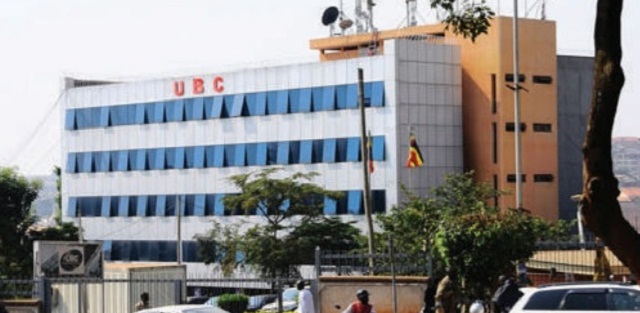
Kampala, Uganda | THE INDEPENDENT | Media managers have welcomed with reservations, provisions of the new Persons with Disabilities law, which was enacted by parliament last week.
The Persons with Disabilities Act, 2018 provides, among others, that all newscasts on public and private television stations must have a Ugandan sign language interpreter, to facilitate communication for people with hearing impairments. The task combines signing, finger spelling, and specific body language translated between a spoken and a signed language.
Several Ugandan Television stations have been employing one sign language interpreter, featuring in the prime time bulletins but the law seeks to increase the frequency and ensure that people with hearing impairments can access news content, whenever it’s aired.
But media managers argue that although the move is good for enhancing inclusiveness, it is unaffordable for a number of players in the sector. Joe Kigozi, the Chief Strategy Officer at Next Media Services says that with the mandatory provision, PWDs will have access to information which they have only been getting in only one of the several newscasts per day.
Charles James Ssenkubuge, the General Manager of Salt TV says implementing the law comes with a cost implication to the media house, especially to the editorial team. Ssenkubuge says that they will require two additional sign language interpreters to back the one interpreter who currently features in the pm and 9 pm bulletins.
Daniel Kalinaki, the General Manager, Editorial at Nation Media Group Uganda says the law will make information accessible to all, including segments of society that might be handicapped physically or by lack of access. Kalinaki oversees NTV Uganda among other NMG Uganda outlets.
Kalinaki, however, adds that it would be meaningful if the Uganda Communications Commission, which has the mandate to increase access to information, invests in training and facilitating sign language interpreters in order to ensure that media houses are not financially constrained.
The Deputy Managing Director of Uganda Broadcasting Corporation Maurice Mugisha welcomes the new law saying that it is a timely response to a 15-year-long demand from PWDs to enjoy their right to access information. He says that the inclusion of interpreters in all newscasts will guarantee that people with hearing impairments participate in the national conversation.
However, Mugisha is cognizant of the cost of implementing the new provision on newscasts saying that the move is likely to push the UBC wage bill up.
In a phone interview, Vision Group Chief Executive Officer Robert Kabushenga declined to comment saying he had not read the specific provision of the law.
Hope Agwang, the president for the Uganda National Sign Language Association says that Kyambogo University, the institution which is mandated to train interpreters has churned out 204 professional interpreters since 2004. However, only 63 of these are practising either as part-time or full-time interpreters.
Agwang is optimistic that the new law could create more jobs for the professional sign language interpreters.
*******
URN
 The Independent Uganda: You get the Truth we Pay the Price
The Independent Uganda: You get the Truth we Pay the Price



